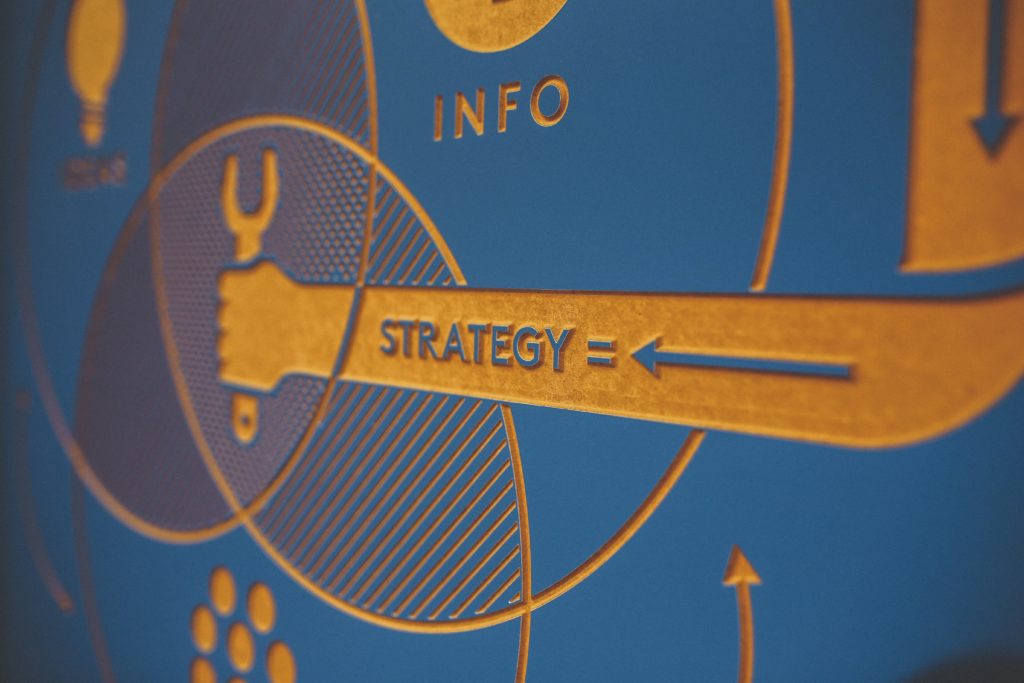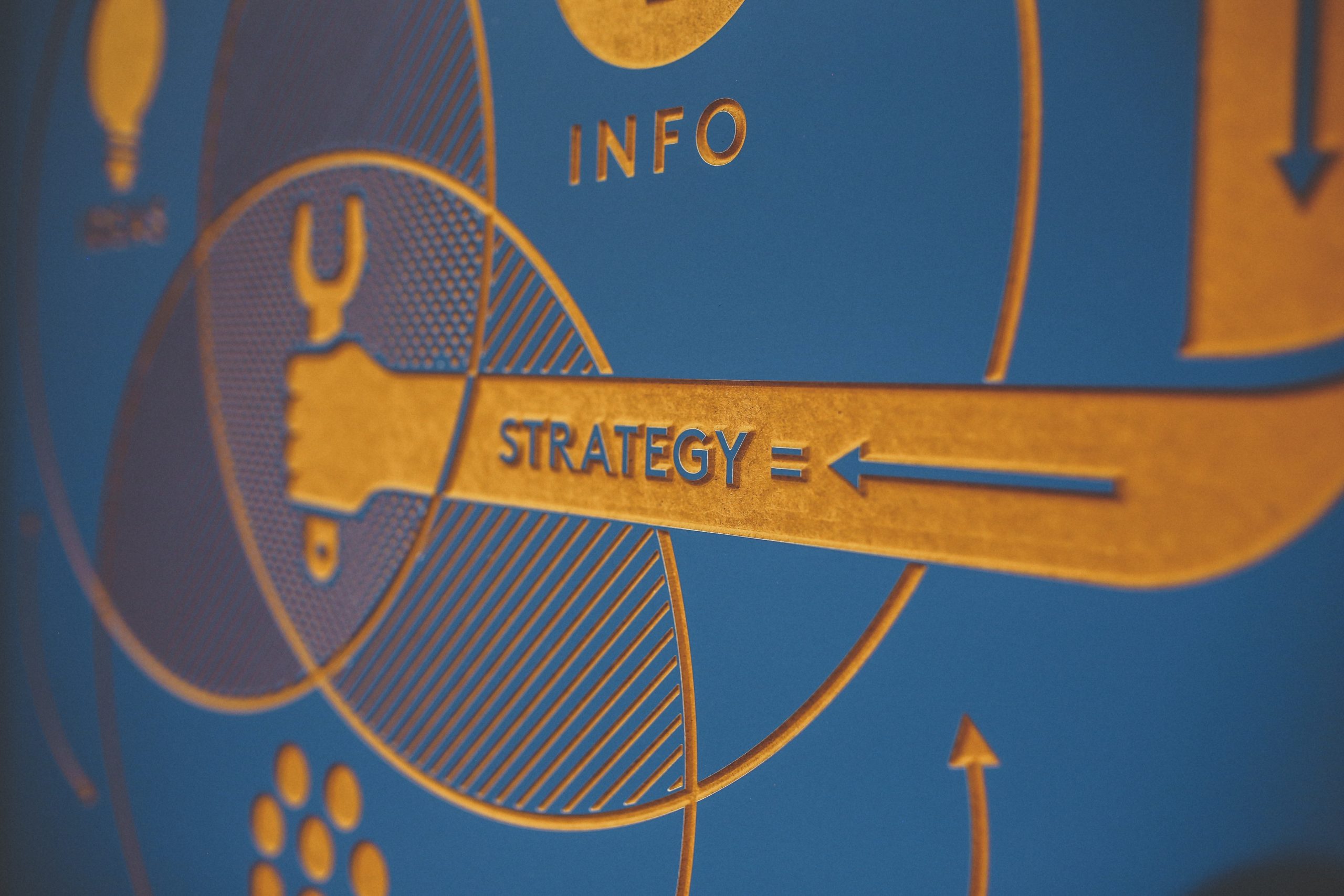If you’ve seen my video about Marketing Authentically During a Global Pandemic; the Do’s and Don’ts to Crisis Marketing, then you know I have pretty strong feelings that companies need to make major shifts in their marketing strategy when a crisis hits.
Even if you haven’t seen the video, I’m going to outline the key marketing don’ts in this post. I’ll overview the marketing do’s in a subsequent post.
For almost 20 years, I’ve been working closely with companies to develop branding and marketing strategies. My focus is to help them connect and engage their target markets in an authentic way that is long-term and meaningful, creating emotional connections and loyalty for their brand. These are fairly easy discussions to have when the economy is strong and the field is ripe for opportunities.
But when the economy begins to shrink (or in this case, feels on the verge of collapsing), it is sometimes more difficult for business leaders in charge to focus on long-term brand strategy. For many owners and executives, fear sets in and their instinctual survival drive shifts over to “how can we get dollars in the door NOW?”
While this fear is completely natural, it is imperative for leaders to take a step back and think about their marketing, communications and brand strategy holistically and how efforts and marketing outreach made now and focused primarily at short-term wins, could potentially have long-term implications.
So as you are considering the steps you should be taking to ensure your brand doesn’t suffer any major setbacks during this economic crisis, here are four things you should not do (a.k.a. marketing don’ts during a crisis):
1.Don’t let fear be the primary driver of your decisions.
Consumers are already very wary of marketing and advertising. Studies show that only 4% of consumers believe that advertisers operate with integrity. Nice, right? The U.S. Congress actually scored higher than advertisers, with a 6% in the same study. So we have a fairly low standard to exceed.
Consumers can also practically smell fear and desperation in marketing and advertising efforts. Nothing is more of a turn off for a consumer than an overly salesy ploy to separate them from their hard-earned cash. Especially in the midst of economic turmoil.
Now is the time that you should work to build trust in your current clients and customers. If your marketing and communications seem self-serving I can promise you, you will do the opposite of retaining your clients or attracting new ones. They will run in the opposite direction. And likely email me a copy of your self-serving marketing (I can’t tell you how many examples I have received from colleagues and clients since I posted my video about how NOT to market during a crisis).
2.Don’t ignore or put off analyzing your current marketing plan to focus on other “more pressing” issues.
I promise you that ensuring your marketing efforts and messages are in-tune with the sentiment of those receiving them is incredibly pressing.
As soon as we realized that the U.S. was getting hit hard by COVID-19 and beginning to shut down, we made certain that we looked at every single piece of advertising and marketing running for each and every client, no matter their industry.
Some of the advertising we pulled because it was no longer pertinent and was money wasted at this time. Other marketing and advertising messages were completely revamped to ensure that the messaging was aligned with the mood and needs of those receiving or reading them.
3.Don’t be tone-deaf to your consumer.
If you are good at what you do, you are probably pretty in touch with your consumer. So ask yourself, “What are they facing right now? What challenges are they struggling with? What is their mood at the moment?”
Marketing and advertising that tries to ignore the fact that there is a global crisis or tries to make light of it (very few marketers are going to be adept at using humor right now) are very likely to turn off their communities.
Approach your marketing with a sensitivity to how it will be read and construed by those reading it based upon what their experience is at the moment…not your own.
4.Don’t try to figure out how you can “leverage the pandemic.”
 If you do this, your motives will be transparent and you are likely to alienate yourself from those you serve.
If you do this, your motives will be transparent and you are likely to alienate yourself from those you serve.
We have told all of our clients that the most important thing right now is to focus on supporting their current communities and customers instead of looking to accomplish new business acquisition. I’ve said over and over, “If you do the right thing right now, new business will find you later.”
Ask yourself, “What would you do right now if money were not part of your equation? What can your business offer your community/consumer/clients that no one else can provide that will help them get through this crisis?”
Have you ever gone through something horrible in your life only to come out the other side and thought, “Wow. Now I know who my real friends are.”
Business is very similar. Most of us are learning very quickly which businesses truly value our business right now in the midst of this crisis. This is a time where you should set your sights on helping those you serve and doing the right thing. Long-term, loyal relationships will be built during this crisis and the companies who are more concerned about supporting their customers will come out the other side of this as winners.
Did you enjoy this post? If so, read our last post “Finding Opportunity Amidst COVID-19.” Or click here to learn more about Creative Noggin and what makes a 100% virtual advertising agency unique.
